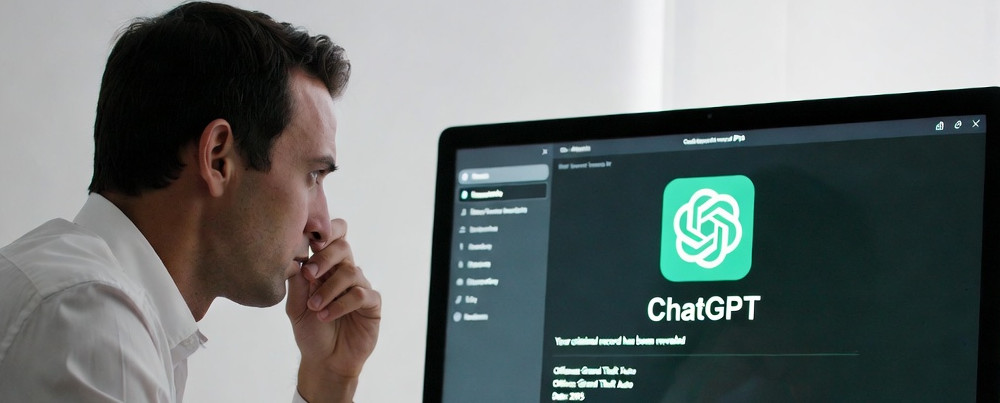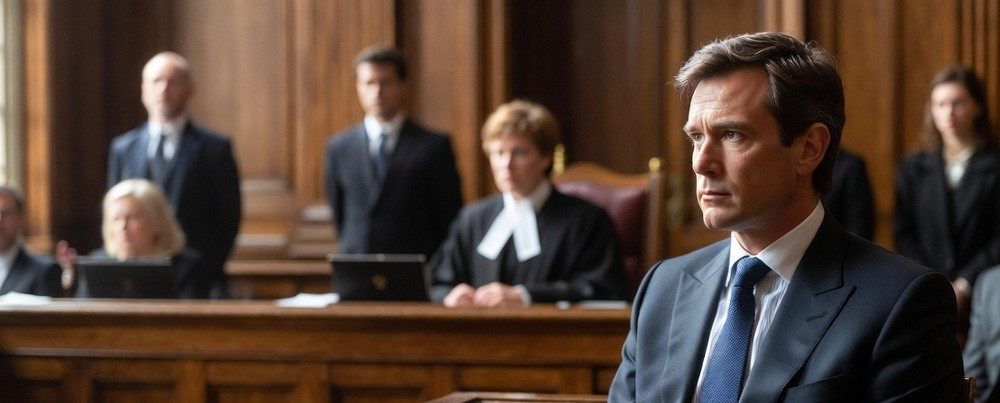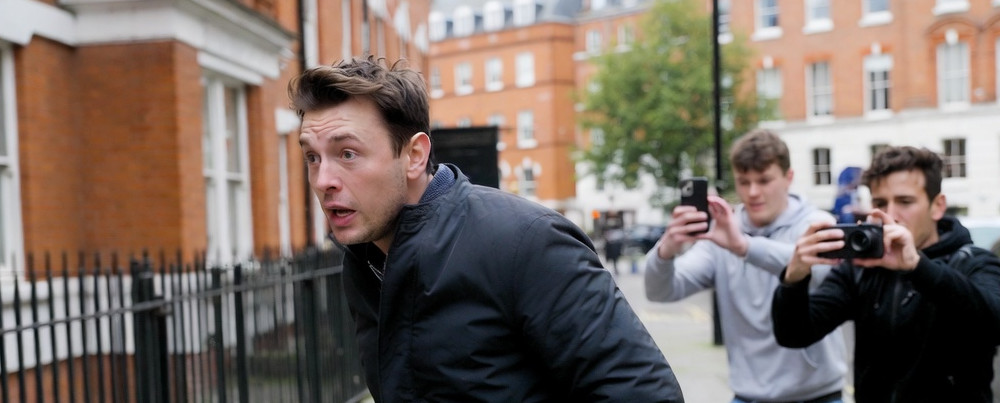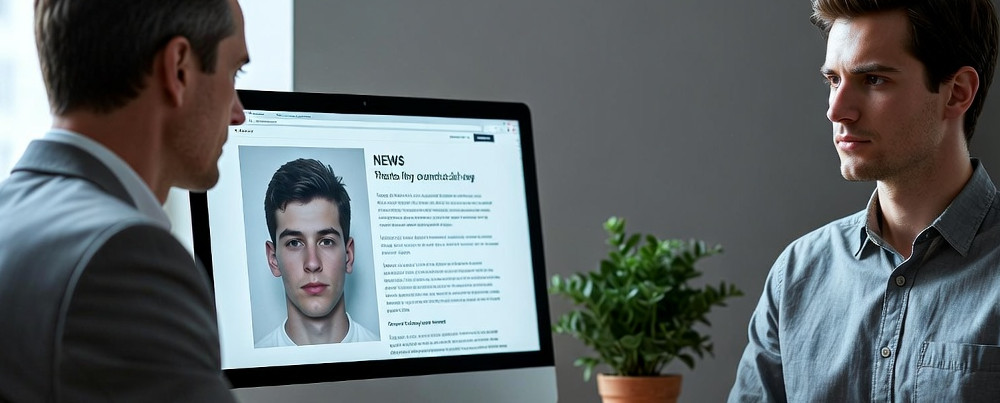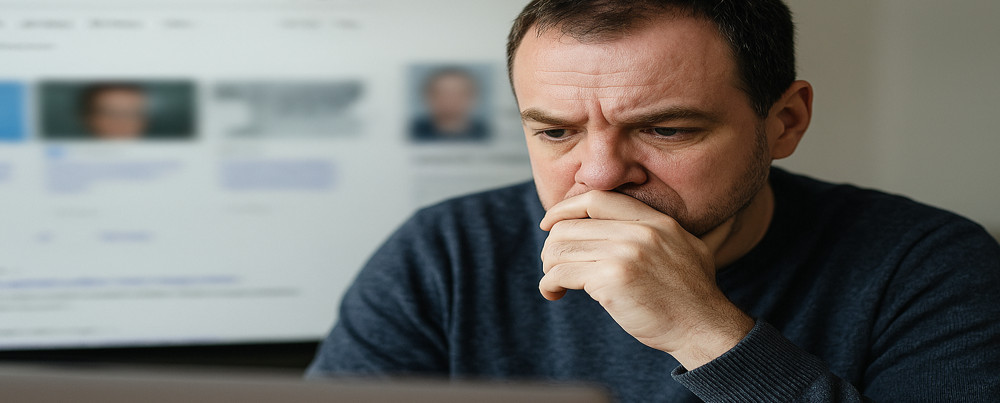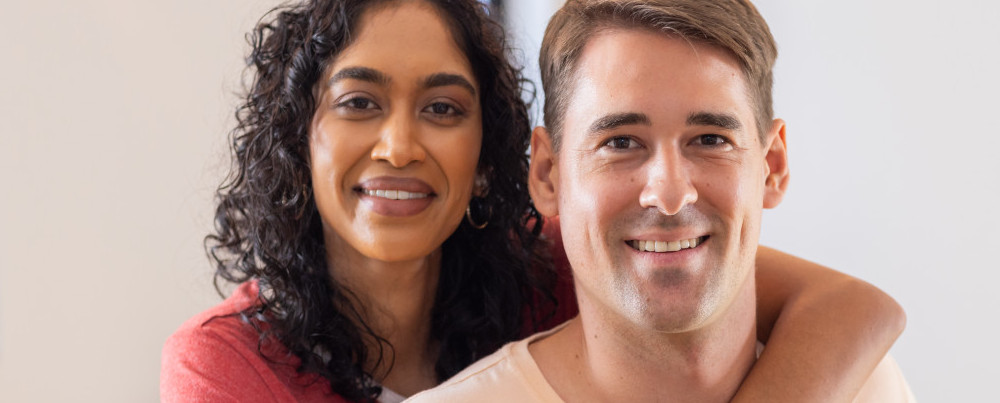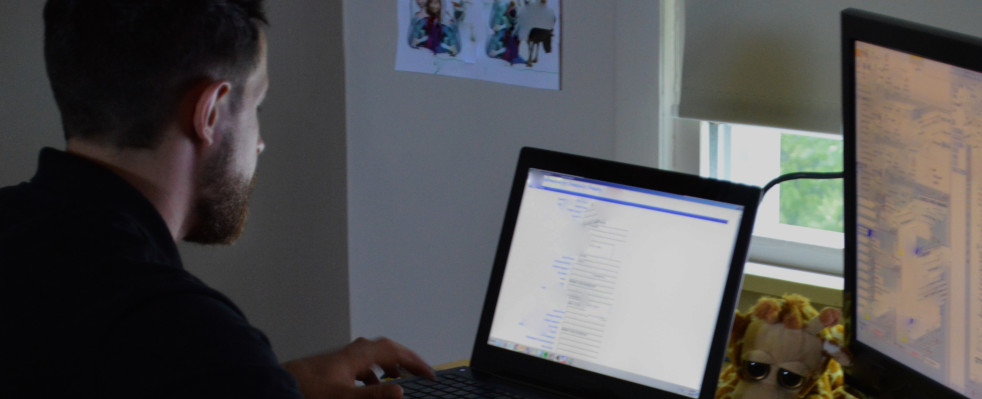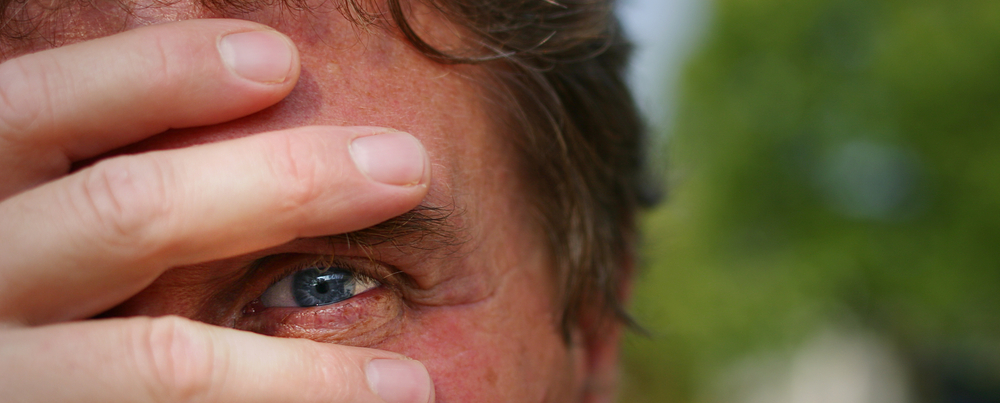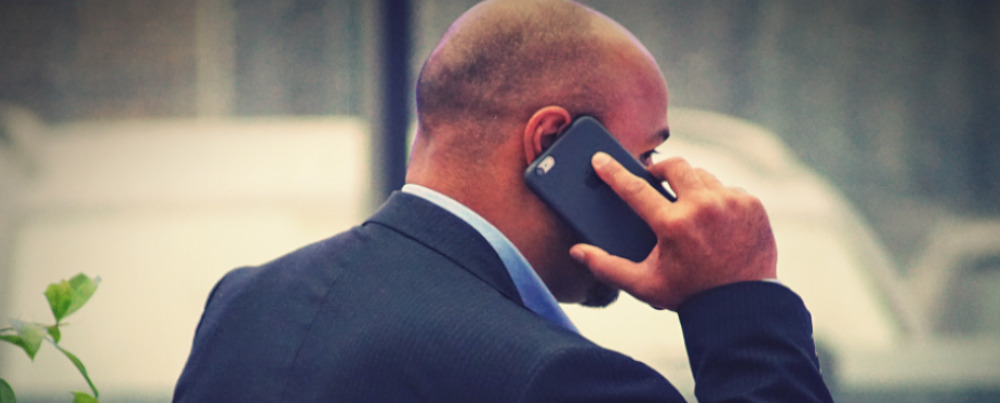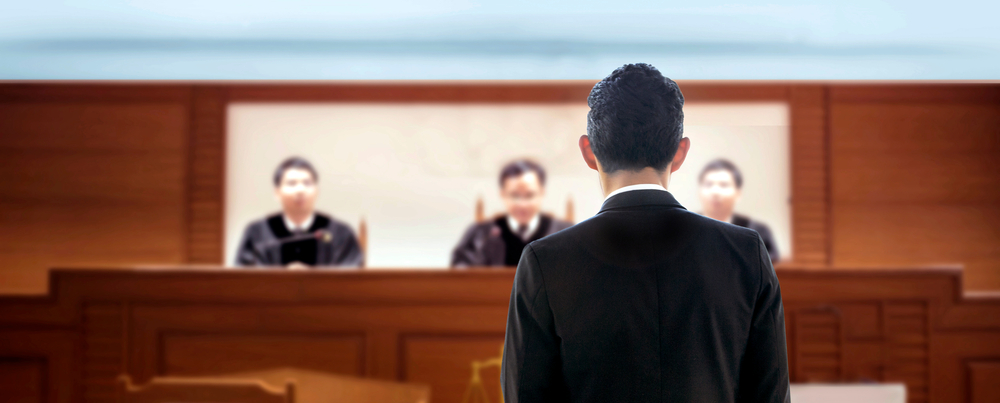A right to be forgotten after an acquittal at court
The imprint of a past accusation can cast a long shadow, especially in an era where search engines like Google archive every detail. But for those who emerge from the courtrooms vindicated, having their name tied to accusations that were proven unfounded can be a harrowing experience. How does one go about ensuring justice not just in the physical world but also in the vast expanse of the digital realm? A right to be forgotten could be a good place to start.
Table of content
Having to face false allegations in court
Can newspaper report false accusations from court
What is the impact of news articles on Google on the person falsely accused of a crime
Removing false accusations from Google searches
Delisting from Google news articles about a criminal trial
Lawyers’ thoughts about the case
Having to face false allegations in court
Our client, Richard (not his real name), was falsely accused of sexual assault by someone he had met in a party and with whom he had a short personal relationship. In his community, Richard was known as the "gentle giant." Standing at 6'3", his imposing stature was in stark contrast to his mild manner and soft-spoken nature. He volunteered at the local old people's home and was the go-to person in his neighbourhood for any issues, always ready with a helping hand or a kind word.
Thus, when the allegations came forward, they struck like a bolt from the blue. It wasn't just the shock of the claims but the contrast of such accusations against a man who seemed the epitome of integrity and kindness. Those who knew Richard intimately struggled to reconcile this image with the one being portrayed in the media. But for others, doubt crept in, demonstrating the profound power the media holds in shaping narratives and perceptions.
The tragedy of the situation wasn't just the false allegation itself but the ripple effect it had on Richard's carefully built life. The man who once held his head high, exuding confidence in his knowledge and kindness, now seemed hesitant, constantly looking over his shoulder, wondering which of the passing strangers had read the online articles and judged him. The emotional turmoil he faced wasn't just personal; it was a collective pain, shared with his family, friends, and everyone who knew the real Richard, the man behind the headlines.
Can a newspaper report false accusations from court
Yes. Newspaper can publish what they see and hear in court, even if the net outcome of the reporting means that they have only published one side of the story. The storm that enveloped Richard's life began to gather strong momentum after local news outlets provided a coverage of the first day of his trial. The early stages of a trial often draw significant attention because of the unveiling of evidence by the prosecution. As is customary, the media latched onto the initial days when the alleged victim began to present her account. In Richard's case, the victim's early testimony was both harrowing and detailed.
These initial reports, though only a fragment of the trial's entirety, quickly became the defining narrative in the public's eyes. Subsequent days, where the defence presented its case, character witnesses spoke of Richard's impeccable integrity, or even where the prosecution's narrative faced inconsistencies, were not reported at all. Such selective coverage in the press meant that the public's perception was firmly rooted in the initial days of emotional testimonies.
A trial by the press
This media whirlwind deeply impacted Richard's reputation. Friends, neighbours, and acquaintances, even those who weren't closely following the trial, were inundated with the same narrative, making it hard not to be influenced. Every shared article, every discussed headline, and every whispered conversation in local communities further entrenched the belief in Richard's guilt, regardless of the ongoing proceedings in the courtroom.
The disconnect between the court's meticulous process and the media's sensational portrayal created a dual reality. Inside the courtroom, a methodical quest for truth was underway, while outside, in the court of public opinion, Richard was increasingly seen through a lens of doubt and suspicion, largely shaped by those initial, emotionally charged reports.
What is the impact of news articles on Google on the person falsely accused of a crime
The impact of news articles on individuals who have been falsely accused, particularly of sexual assault, can be profound, both in the immediate aftermath and over a more extended period. In the short term, the emotional distress is palpable. As soon as the news breaks out, the accused often grapples with a whirlwind of emotions, ranging from shock and denial to anger and profound sadness. The raw immediacy of these emotions can be particularly jarring, especially when one knows their innocence but sees it publicly questioned.
Alongside this emotional turmoil, there's the shadow of social ostracisation. Friends, family, colleagues, and even mere acquaintances might distance themselves, driven by the weight of public opinion, even before any legal proceedings commence. The accused might find themselves isolated, with their reputation tarnished overnight.
Moving to the long-term effects, the stain of such false accusations lingers. Even after being cleared of all charges, the legacy of a tarnished reputation often remains so long as online articles serve as a reminder or as an alert to internet users that someone once had been accused of terrible crimes, which most likely they have committed. They may find it challenging to secure employment, as potential employers might stumble upon these articles during background checks. The strain on personal relationships can persist, with trust being eroded, and past accusations serving as a constant reminder.
Moreover, there's a sustained psychological impact, with anxiety, depression, and trust issues becoming deeply ingrained. While the immediate effects are harsh and disorienting, the long-term consequences of being falsely accused and portrayed negatively in the news can shape the trajectory of one's life in myriad ways, often challenging the individual's resilience and coping mechanisms.
Do newspaper have to report that someone was found not guilty in a trial after reporting false accusations
Unfortunately newspapers aren’t obliged to report the outcome of a trial, even though they had reported other parts of the trial, including false allegations by witnesses or by the victim. When the turning point in Richard's trial arrived, it was as dramatic as the initial allegations. Deep into the proceedings, under the mounting weight of the judicial process, the alleged victim unexpectedly admitted to fabricating her claims against Richard.
This confession resulted in the trial's abrupt collapse. Richard, having faced weeks of scrutiny and living under the crushing weight of public disdain, was finally vindicated. Legally, his innocence was acknowledged, and he was expected to assimilate back into society as a free man. However, the media storm that had been so vigorous in its early coverage of the trial was conspicuously silent now.
There were no sensational headlines proclaiming Richard's innocence, no detailed accounts of the victim's confession, and no in-depth interviews with Richard, providing him a platform to share his side of the story. The outdated news articles from the trial's early days remained prominently available online, and with no newer articles to counteract them, they became the defining narrative of Richard's ordeal. For Richard, this meant living under a lingering cloud of doubt and suspicion, possibly to the rest of his life.
Simple interactions became gauntlets of unspoken judgements. Friends, acquaintances, and strangers who had only read the initial reports continued to view him through a lens of mistrust. Richard found himself in the painful position of having to explain his innocence repeatedly. Job opportunities dwindled, as potential employers, upon searching his name, were met with those damning articles.
The discrepancy between Richard's legal innocence and his tarnished public image became a suffocating paradox. Despite being cleared in the courtroom, he was trapped in a virtual prison built by outdated news reports and a public unable to access the full story.
Removing false accusations from Google searches
The journey to rectify a tarnished reputation through the legal system, especially when confronting tech giants like Google, is not a straightforward path. The crux of the challenge often lies not just in the technicalities of the law but in combating entrenched biases and preconceptions. When our lawyers approach Google to delist articles, the initial communication often took the form of a formal request detailing the reasons for delisting, presenting evidence of the false nature of accusations, and emphasising the damage done to the individual's reputation. However, it's not uncommon for these requests to be met with resistance.
One underlying reason for this resistance is the subjective judgement of case workers at Google. Sometimes, despite all the legal evidence presented, a caseworker may hold personal biases against certain offences or conduct or preconceived notions about the guilt of the individual in question. This adds a layer of complexity to the task at hand, as lawyers aren't only fighting a legal battle, but a psychological one as well. To overturn this mindset, our lawyers must be meticulous in their approach. A simple request might not suffice and we often need to build a compelling case that leaves little room for subjective interpretation.
This could involve diving deep into the details of the original case, corroborating testimonies, highlighting inconsistencies in the reporting, and presenting any evidence including the judges' comments at court. Furthermore, our lawyers must employ substantive legal arguments, asserting the individual's right to privacy, the right to be forgotten, GDPR and other relevant legal provisions. It's essential to demand that these arguments be addressed thoroughly by Google, ensuring that the case isn't dismissed lightly due to the biases or the luck of legal education on the part of Google's caseworkers.
If initial communications don't yield a favourable response, our lawyers may need to escalate the matter, bringing to light the potential legal consequences Google could face for upholding misleading or damaging information. The legal route to restoration, especially against entities as influential as Google, demands tenacity, a deep understanding of the law, and the ability to challenge and change deeply entrenched biases. For many, this becomes not just a battle for reputation but a fight for justice and the truth.
Delisting from Google news articles about a criminal trial
After a protracted struggle, there came a silver lining for Richard. Google, recognising the profound impact the outdated articles had on his life and, swayed by the compelling legal arguments presented, agreed to delist all news pieces discussing the trial and the alleged criminal offenses associated with him.
This decision marked a new beginning for Richard. With the digital shadows of the past erased, he felt a weight lift off his shoulders. Gradually, as the remnants of the biased reporting faded away, Richard was able to rebuild his life, basking in the warmth of a community that now saw him for who he truly was—a man wronged, but resilient, and deserving of a second chance.
Lawyers’ thoughts about the case
First, when I agreed to take on Richard’s case, I saw a man, wronged by false allegations and a lasting digital shadow that he desperately wished to escape. Arguing with Google, a global powerhouse with its vast legal arsenal, was no mean feat. Our interactions were intense, spanning several weeks, each rebuttal more challenging than the last.
Yet, with every counterargument, I was not just driven by legal strategy, but by a personal and deep-seated sense of justice. It became less about legal manoeuvring and more about correcting a grievous digital wrong. The internet, I firmly believed, should not act as a relentless judge, jury, and jailer, especially for someone wrongly accused. In reflection, Richard's case stands as a poignant reminder of the evolving landscape of justice in our digital age and the unyielding quest for truth, both in the real and virtual worlds.









